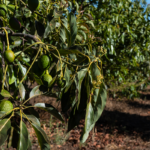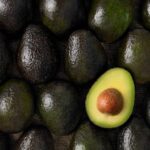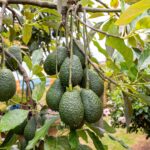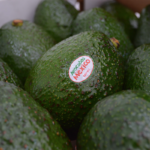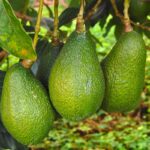NZ scientists test mating disruption techniques against avocado pest

A biological technique used in New Zealand's apple and stonefruit orchards is now in testing for avocado crops, with the goal of stamping out leafrollers in a more sustainable way without chemicals.
Scientists from Plant & Food Research are using the pests' own sex pheromones against them to disrupt the mating process, in an effort to reduce populations.
"Sex pheromones, the natural chemicals released by the females of many insect species to attract mates, can be used to disrupt communication between insects," scientist Dr, Max Suckling said in a release.
"By reducing their ability to identify mates, we’re able to reduce the number of leafrollers and decrease the reliance on chemical controls, saving growers money and reducing environmental impacts."
In a release, the Crown Research Institute highlighted mating disruption (MD) technology was already used in New Zealand to manage four apple pests - codling moth and three leafroller species.
The scientists hope new pheromones and methods for artificially synthesizing them in the lab can be found to create an MD control similar to the combination ISOMATE®4Play dispenser, which was developed by P&F for manufacture by Japan's Shin-Etsu Fine Chemicals and marketed by Etec Crop Solutions Ltd.
"Mating disruption tools for use in the avocado industry is an exciting prospect," New Zealand Avocados CEO Jen Scoular said in the release.
"Applying effective non-chemical controls is an innovative alternative approach to meet the strict phytosanitary requirements of premium markets.
"We see the use of core funding investment by Plant & Food Research to initiate this research as a great decision. NZ Avocado will also be contributing funds and looks forward to working together and using the research to support the growth of the avocado industry in New Zealand."


















